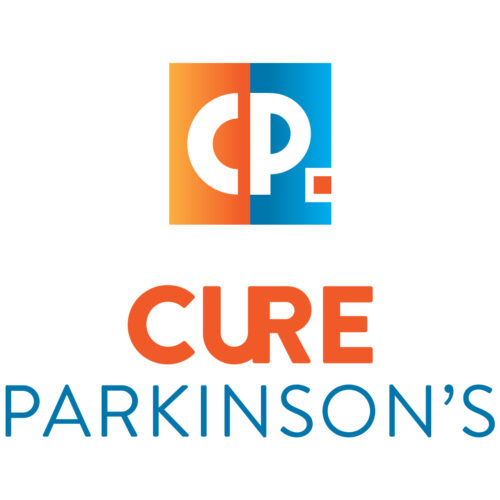Press Release: Phase 2 clinical trial of dapansutrile for Parkinson’s confirmed
23 February 2024
Cure Parkinson’s, in partnership with Van Andel Institute, is delighted to announce funding for a Phase 2 clinical of dapansutrile, an anti-inflammatory drug, to determine whether it can slow the progression of Parkinson’s.
The DAPA-PD trial will evaluate the safety and tolerability of dapansutrile in Parkinson’s to determine whether it can reduce inflammation in the brain. Recent studies suggest that neuroinflammation, or inflammation of the nervous system, is considered to be a driver of Parkinson’s, resulting in a loss of nerve cells producing dopamine. If dapansutrile is able to lower neuroinflammation, then it may be able to slow the progression of Parkinson’s.
Dr Caroline Williams-Gray from the University of Cambridge will be leading the clinical trial. DAPA-PD will involve 36 people with Parkinson’s, who will be treated with dapansutrile tablets for up to 12 months. The trial will occur in two phases, with the first 6 months being a randomized, double-blind period where participants receive either dapansutrile or placebo. The next 6 months will be an open-label extension, meaning all participants have the opportunity to take dapansutrile. The results of this trial will be used to help determine whether dapansutrile should be evaluated in a larger, Phase 3 clinical trial as a potential treatment for Parkinson’s.
Dapansutrile was prioritised by the International Linked Clinical Trials (iLCT) programme in 2022, created and operated by Cure Parkinson’s and Van Andel Institute in an effort to speed up the search for disease-modifying treatments for Parkinson’s. Dapansutrile is a novel molecule owned by Olatec Therapeutics Inc, who focus on developing oral inflammation-targeting therapeutics.
The DAPA-PD trial is being funded by Cure Parkinson’s and Van Andel Institute, and is a collaboration between the University of Cambridge and Olatec. Cure Parkinson’s Director of Research, Dr Simon Stott, said:
Professor Williams-Gray and her clinical team in Cambridge has a great deal of experience researching the role of inflammation in Parkinson’s. Cure Parkinson’s was delighted to facilitate this research collaboration between Olatec and Cambridge, and we are excited to be funding this important work.”



